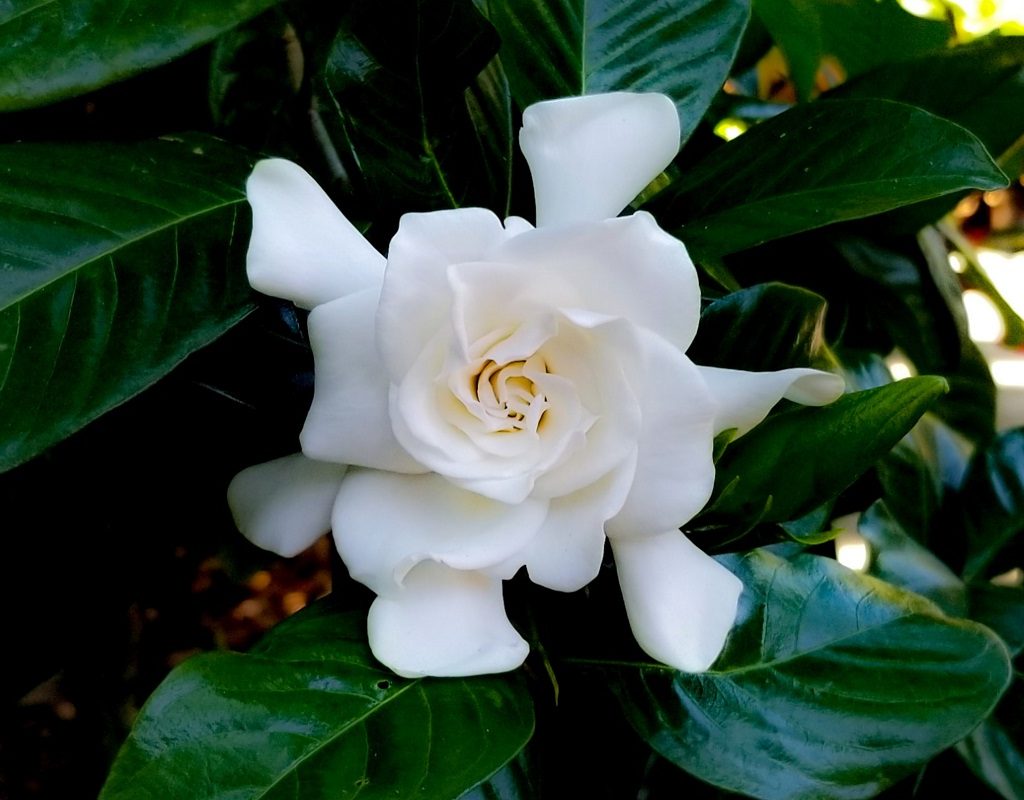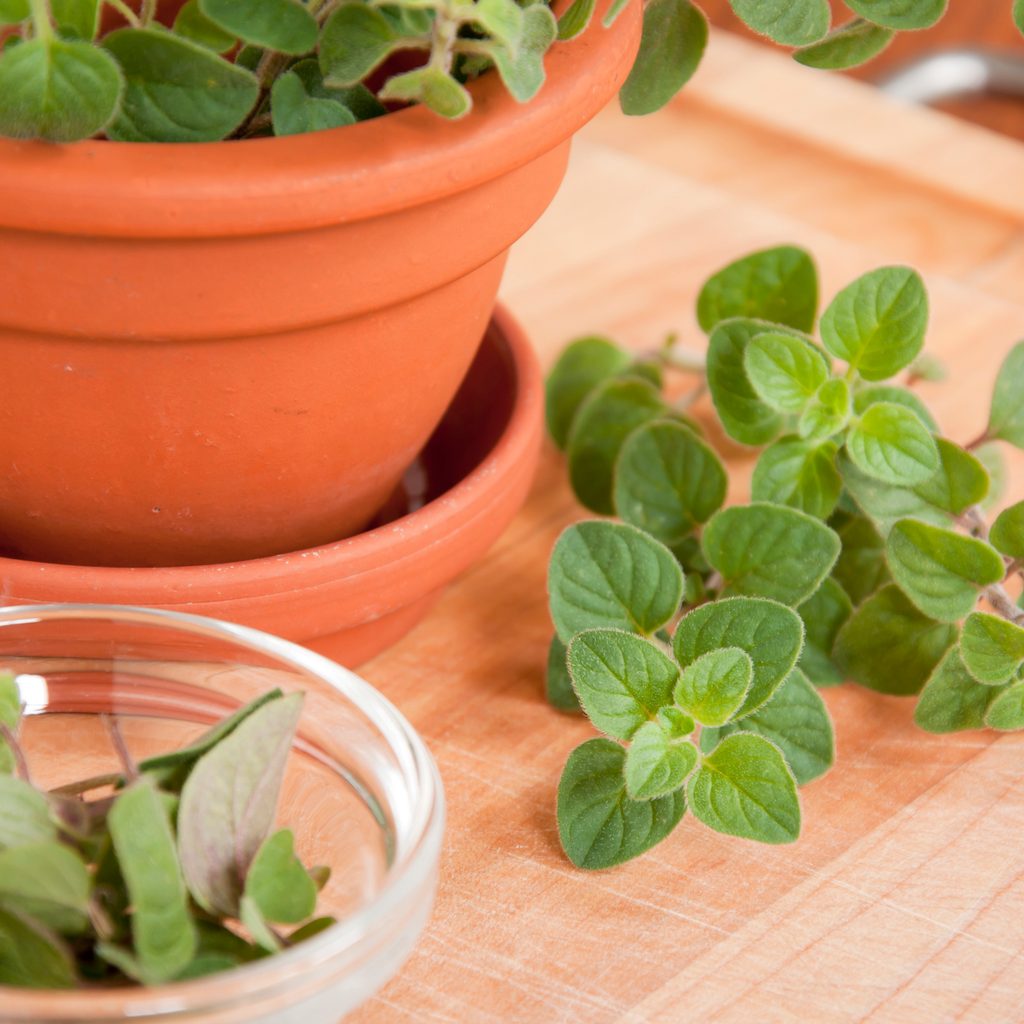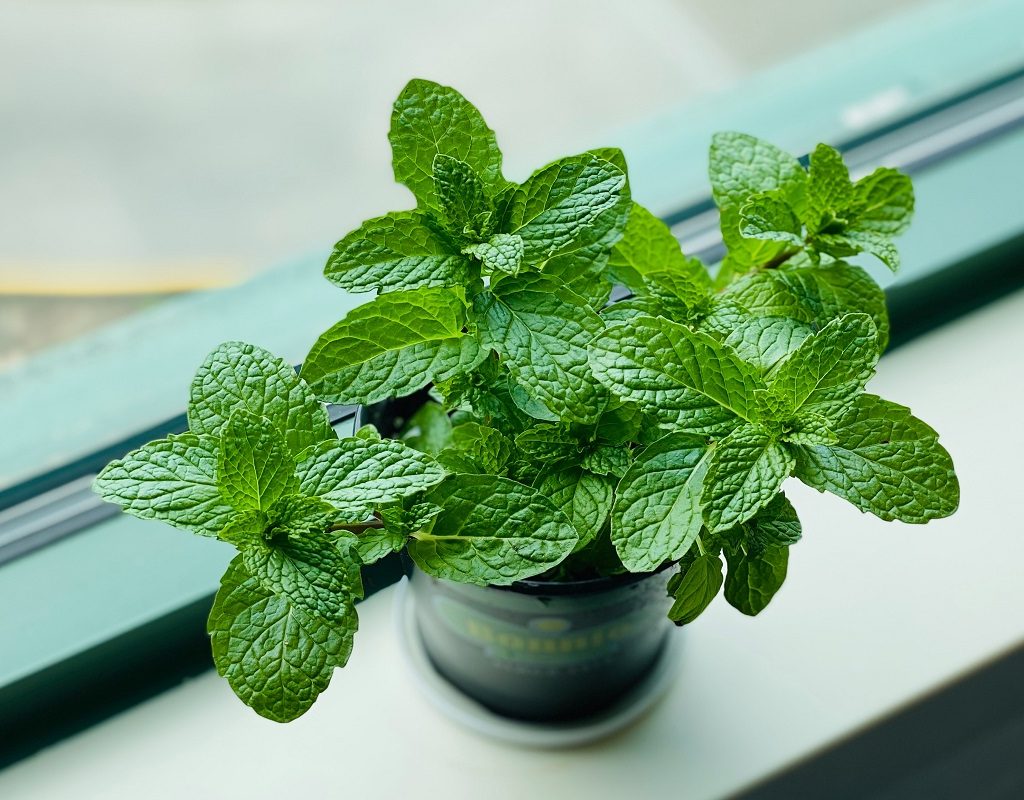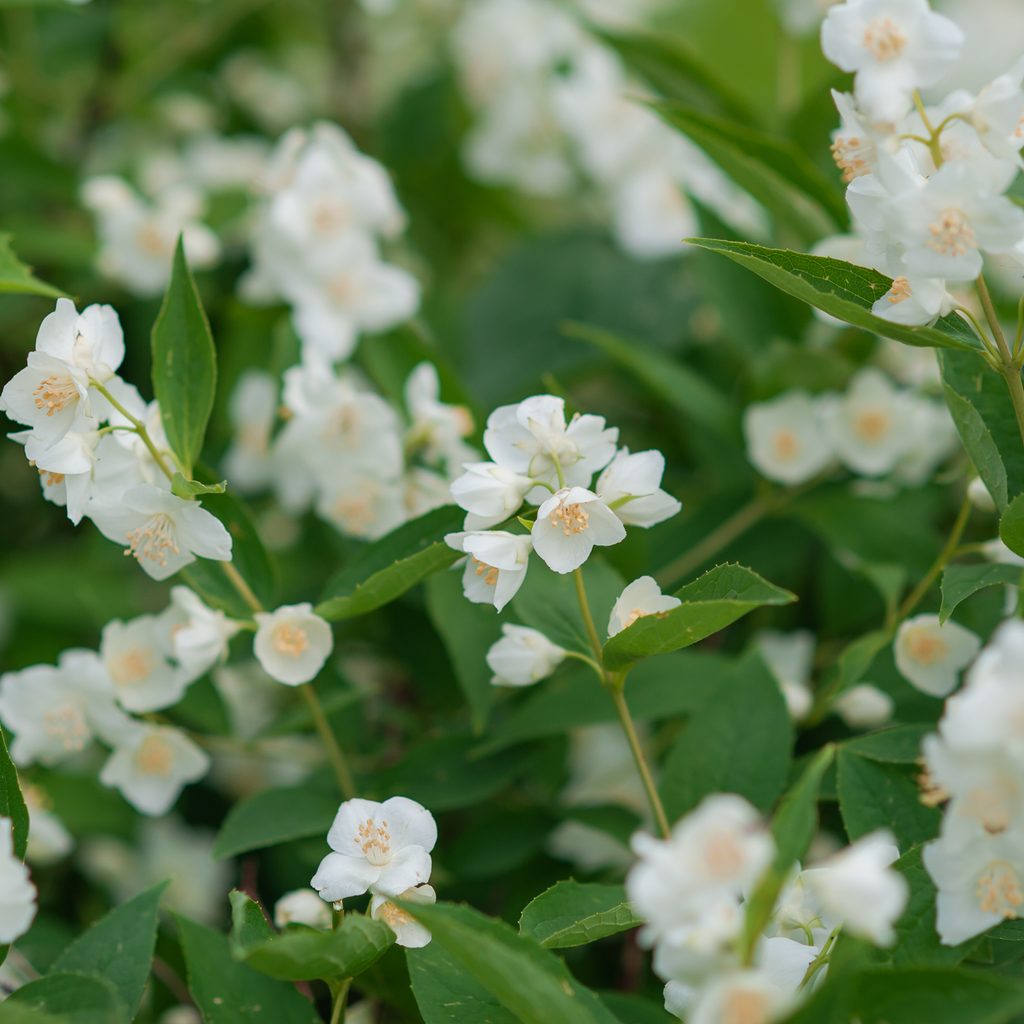With their beautiful greenery and amazing variety, houseplants bring a lot of life to an indoor space. What’s often missing from them, though, are lovely blooms and smells that you can find in outdoor gardens. Why? Most of the time, when picking out houseplants, indoor gardeners don’t consider flowers or other aromatic plants because we’re so used to finding those blooms outside.
Turns out that there’s no reason why you can’t have automatic indoor plants that smell just as nice and bring the scents of the garden into your home. These four great-smelling plants will elevate your space with incredible scents and make your home feel like an outdoor flower garden.

Gardenia
Gardenias are known to have some of the most fragrant flowers; unfortunately, it can be a bit tough to grow a gardenia as a houseplant — tough, but not impossible. With proper growing conditions and a fertilizer that’s meant for acid-loving plants, you might find yourself lucky enough to keep an indoor gardenia alive.
They need lots of light to thrive — roughly six to eight hours each day — and prefer to have consistently and evenly moist soil. South- and southwest-facing windows will be their favorite places to hang out, just as long as they’re not kept in direct, hot heat. They do love a bit of humidity, but you want to be wary of overwatering and over-misting. Most importantly, they might not bloom the first year, and that’s okay! So long as they’re still alive, there’s no need to give up. You’ll get those blooms, eventually.

Cuban oregano
Cuban oregano, believe it or not, is a relative of Swedish ivy — and pretty easy to grow, at that! Unlike the ivy, though, the Cuban oregano’s big leaves have a rather spicy scent and can be used to cook with. They love indoor spaces with medium to bright indirect lighting, as direct sunlight can cause them to become stunted and not grow to their full size.
Cuban oregano enjoys moist, well-draining soil, so you’ll want to plant it in a container that has a drainage hole and put it on top of some kind of tray to catch any water that leaks out the bottom. This will help maintain an ideal environment, lessening the risk that the roots will be sitting in a soggy puddle of soil. Best of all, the Cuban oregano is fairly easy to propagate via cuttings! That means with just one, you can grow many, and you can even share them with friends and family.

Spearmint
Like many kinds of mint, spearmint has a wonderfully fresh aroma that will definitely brighten up your indoor space. Its iconic minty smell is released when the leaves are warmed by the sun, so keep this plant in an area where it receives a lot of bright, indirect light throughout the day. Unlike other herbs, spearmint isn’t particularly susceptible to pests. So although you should inspect it now and then, along with your other houseplants, there’s no need to be extra cautious. You can use the leaves for teas or desserts, or you can just eat them on their own when you want a burst of fresh flavor!
You can help keep your spearmint plant looking its best by regularly trimming it. Pinch the tips of the plant and any flowers that start to grow. For this plant, the fragrance comes purely from the leaves. Although the flowers are pretty, they don’t actually have a fragrance and instead indicate that your plant may be getting a little leggy.
Night-blooming jasmine
While night-blooming jasmine doesn’t have a particularly impressive appearance, the flowers (which, surprise, surprise, open up at night instead of during the day) have one of the most beautiful scents you could ever have in your indoor garden. When planted outdoors, they’re most often in garden beds near the home or patio so that gardeners can enjoy their aroma. Indoors, they’d make a lovely addition to a sunroom or any space that receives bright, indirect light.
Night-blooming jasmine is fairly drought tolerant but prefers to be watered regularly. Once the flowers are spent, you can trim them off to help control the shape of your potted plant. If this plant doesn’t do too well in your indoor space, you may end up needing to move it outdoors during the summer for more success. But by keeping it close to a window or on a deck or balcony, you’ll still be able to enjoy the lovely scent!
These plants are just the tip of the iceberg. Most herbs grown indoors will reward you with decadent aromas, and you can grow almost any flowering plant in a container. As long as you provide the proper care, growth and happiness will follow suit.



